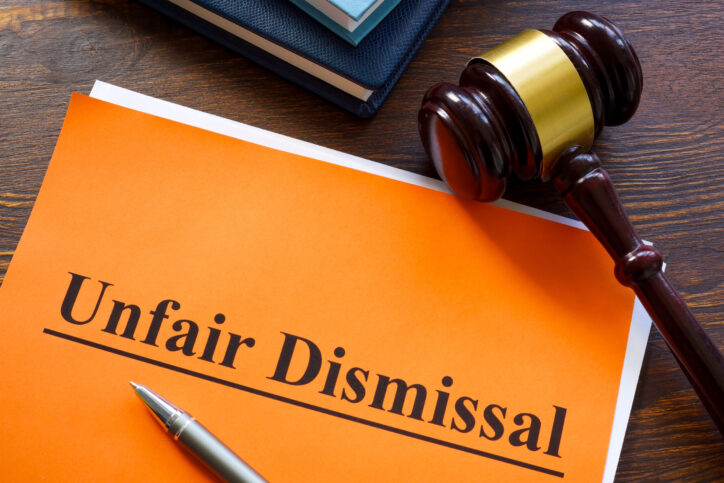As a CCIWA Member, you get unlimited access to our Employee Relations Advice Centre (ERAC). We are here to help you manage your employee relations needs. This includes prompt advice on your circumstances, consulting, documents such as kits and guides and up-to-date industrial relations information.
Here are some of this month’s frequently asked questions that have come through our advice centre.

Q: What is the public holiday entitlement?
A: In brief, full-time and part-time employees are entitled to be absent from work without loss of pay if a public holiday falls on their normal working day. They also accrue leave entitlements on these days as the payment is considered ordinary hours.
Q: How do we pay an employee for working on a public holiday?
A: This will depend on the relevant award or agreement that covers the employee and their contract of employment. Most awards and agreements specify a penalty rate such as 250% for all hours worked on a public holiday. Some of these also permit the substitution of a public holiday for another day or crediting the employee with an additional annual leave day.
If the employee has worked above their ordinary hours for the relevant cycle, then they may be entitled to overtime payments on that day.
It is best to seek advice if you are unsure what applies to your employee to avoid any potential underpayments.
Q: Can we ask an employee to work on a public holiday?
A: Yes, where considered reasonable. However an employee can refuse such a request where it is reasonable to do so. The factors that are considered when determining whether a request, or refusal of a request, are reasonable are:
- the nature of the employer’s workplace or enterprise (including its operational requirements), and the nature of the work performed by the employee;
- the employee’s personal circumstances, including family responsibilities;
- whether the employee could reasonably expect that the employer might request work on the public holiday;
- whether the employee is entitled to receive overtime payments, penalty rates or other compensation for, or a level of remuneration that reflects an expectation of, work on the public holiday;
- the type of employment of the employee (for example, whether full‑time, part‑time, casual or shiftwork);
- the amount of notice in advance of the public holiday given by the employer when making the request;
- in relation to the refusal of a request—the amount of notice in advance of the public holiday given by the employee when refusing the request;
- any other relevant matter.
Furthermore, in March 2023 there was a Federal Court decision which confirmed that employers must request employees to work on a public holiday before rostering them to work on that day. This has been problematic for employers who were relying on contractual terms to enforce working on public holidays. CCIWA have provided many WA businesses with advice on this issue, and we encourage you to contact us for assistance if needed.
Q: My part-time employee’s days of work have varied over the last 12 months. How do I know whether they are entitled to be absent on a public holiday and still be paid for it?
A: Many awards and agreements provide that part-time employees must have a written agreement specifying at least their hours, starting and finishing times and days of work before they begin employment. It is best practice to include this in their contract of employment. Where this has not occurred it is difficult to determine what their ordinary days and hours of work are, and it often places businesses in breach of the relevant award or agreement. In that case, the business risks underpaying or overpaying the employee for the public holiday and may not know what to do. We recommend seeking specific advice about this if you are unsure.
Where the ordinary working days and hours are clear, the employee would be paid in accordance with them.
It is essential to contact ERAC on 9365 7660 or email [email protected] before acting on this information.
As a CCIWA Member, you get access to ERAC. To be part of WA’s peak business organisation, get in touch via 1300 422 492 or [email protected].






